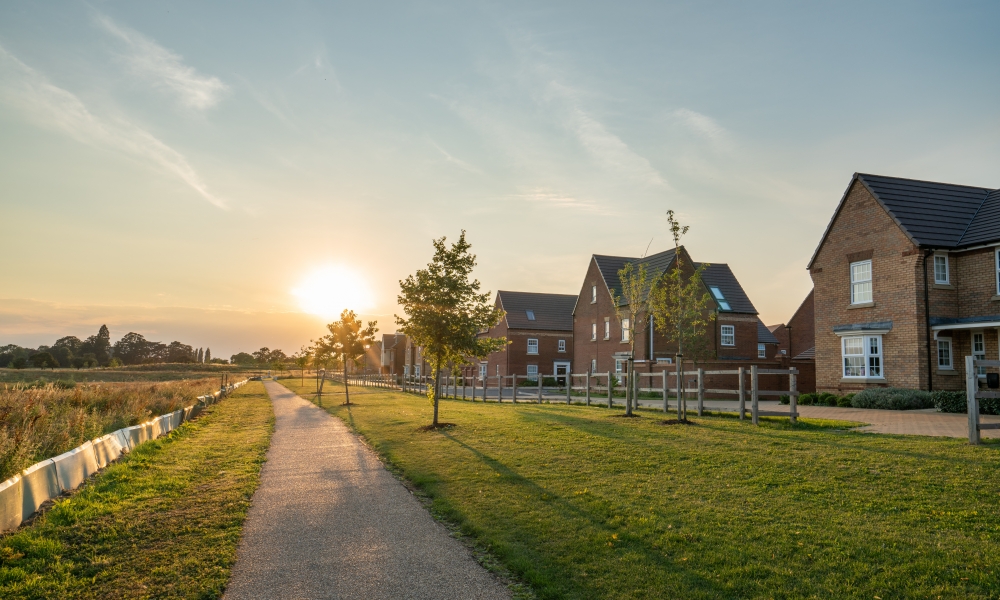Ambitious new Biodiversity Net Gain policy goes live in England
Associated sprints
recent news
- Growing Positive Change
- The Agile Initiative Enabling Fund
- Pre-announcement: Next Sprint Funding Call to Open in September 2024

From today, almost all infrastructural developments in England will have to deliver a mandatory minimum 10% Biodiversity Net Gain (BNG) lasting at least 30 years. This ambitious requirement from the Environment Act seeks to leave biodiversity in a measurably better state post development, measured by the statutory biodiversity metric.
Developers must now demonstrate that they will achieve at least 10% Biodiversity Net Gain (BNG) to be granted planning permission.
BNG has great potential to deliver wildlife rich habitats and accessible green space within the built environment. However, limitations have been observed in pilot schemes and early adopter councils. This includes simple metric errors, a lack of consultation with communities, and proposed habitats which are ecologically unrealistic. To address this, the Sprint team produced a checklist which supports both developers and Local Planning Authorities by flagging these common limitations, so that best practice BNG can be successfully implemented.
‘Assessing Biodiversity Net Gain plans: a quick guide for planners and developers’ provides an easy-to-use checklist to help determine if BNG plans are correctly completed, feasible and consider the local and ecological context. It builds on concerns raised in the team’s March 2022 open letter to Ministers and the Chair of Natural England that highlighted some key mandatory BNG issues and is underpinned by detailed ecological and social fieldwork in Oxfordshire, reviews of BNG pilot schemes outcomes, and consultation with implementers, including Defra and Natural England.
Through their work, the Sprint team established themselves as a centre of excellence for BNG research and have built a strong network of stakeholders who are keen to continue to engage on these issues. The team is available for advice, media comment and public engagement. For example, team member Dr Sophus zu Ermgassen appeared on an episode of Countryfile on 11th February to discuss BNG.
Read more about the Sprint team’s latest output, a pre-print paper published in EcoEvoRxiv: Leveraging Biodiversity Net Gain to address invertebrate declines in England.


